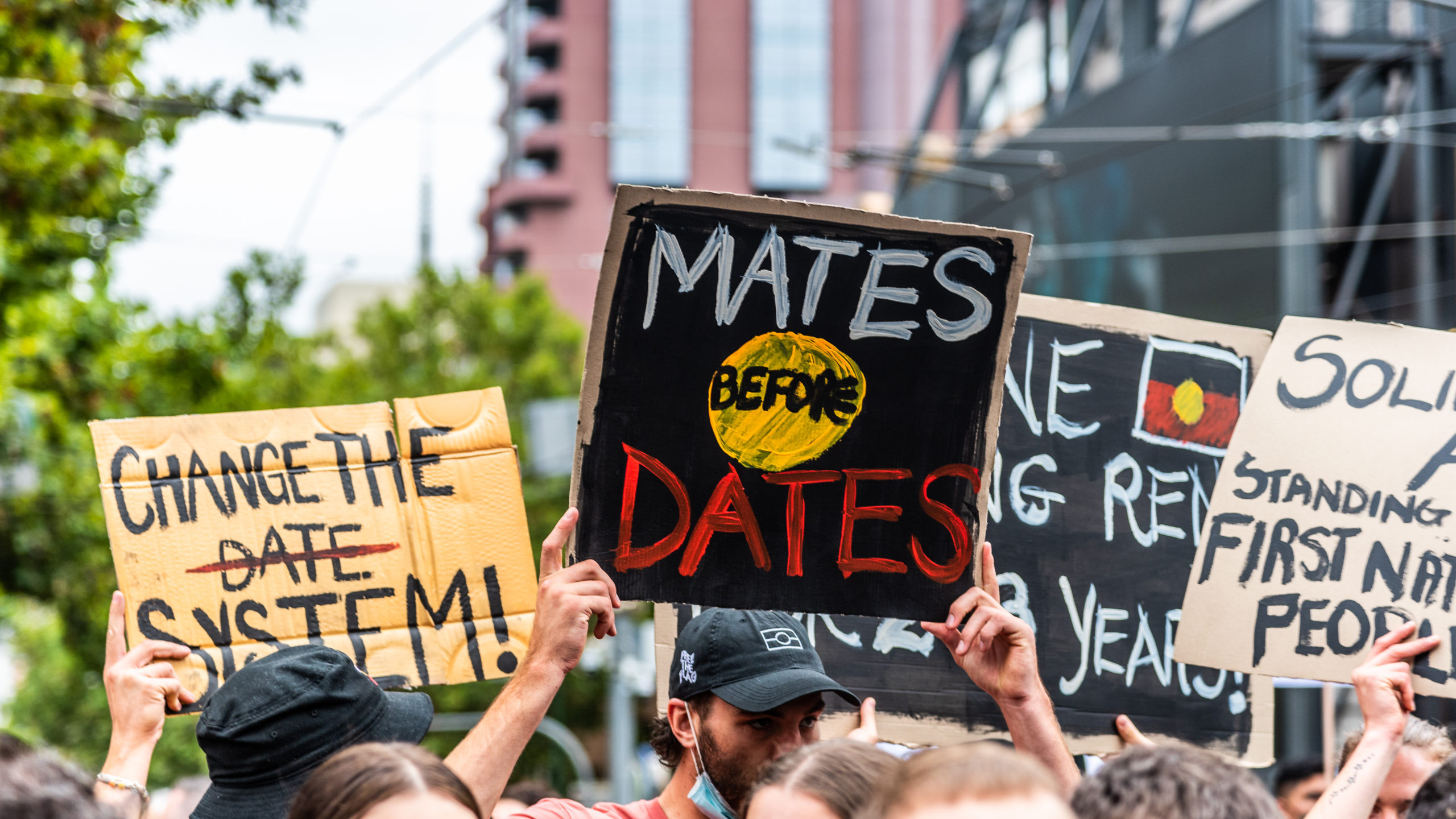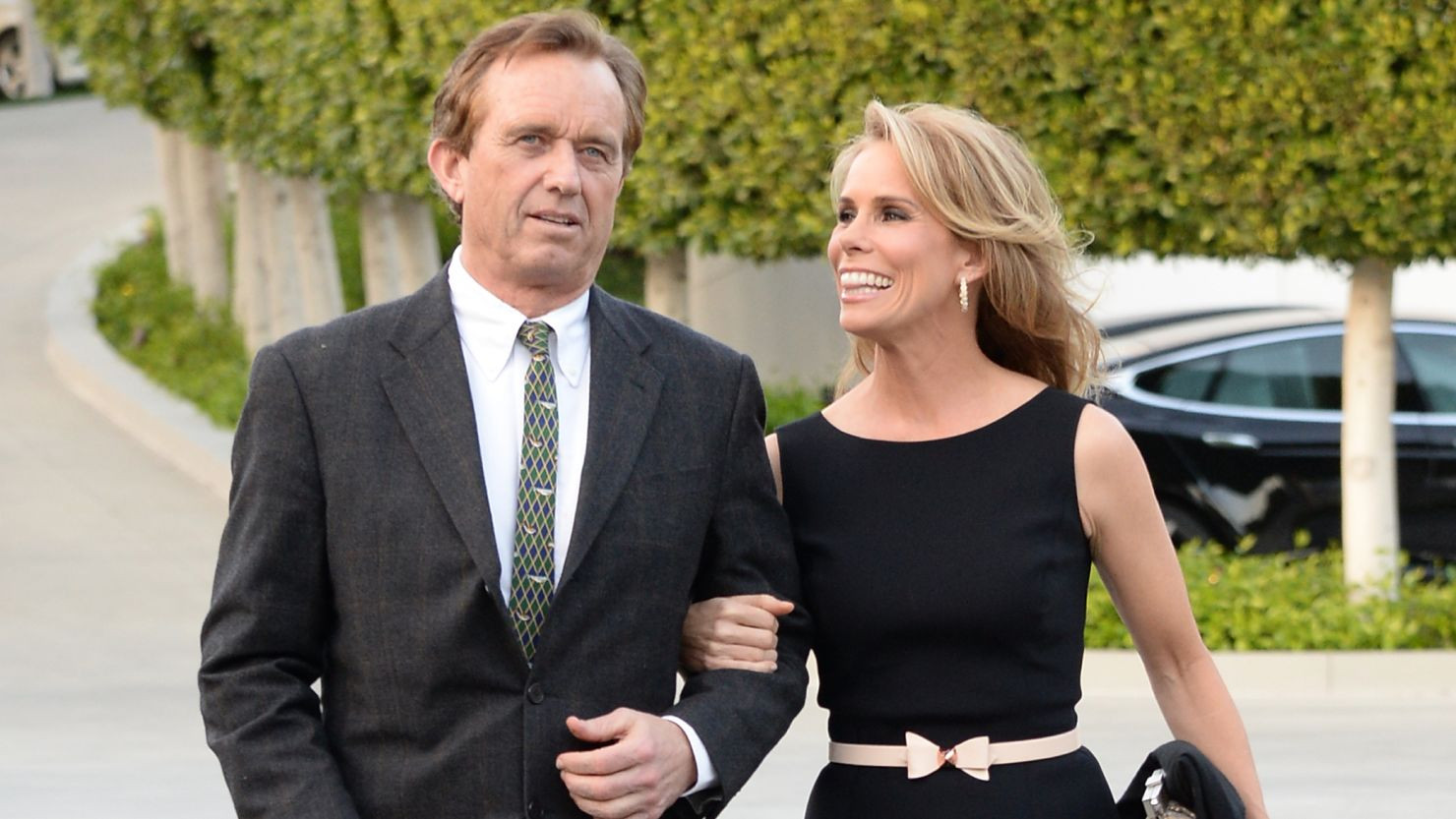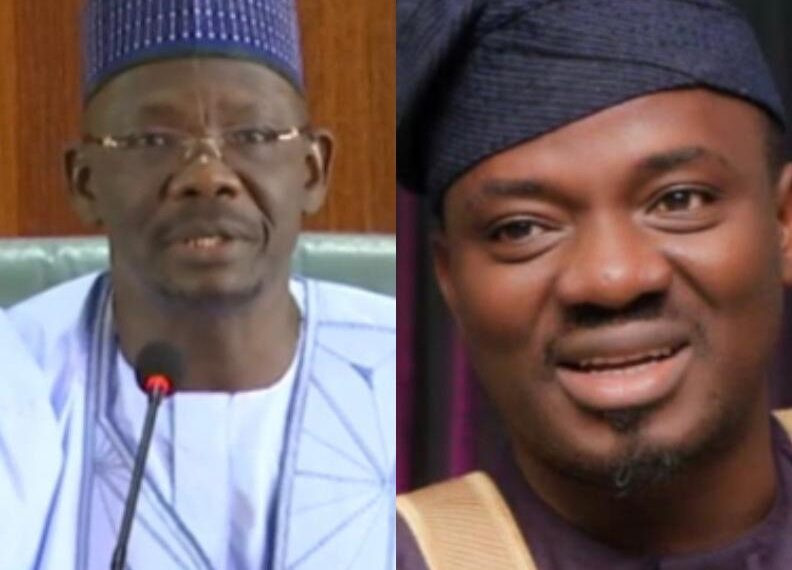Australia Day Celebration Ban: A National Debate
Australian Venue Company (AVC), one of Australia's largest pub chains with over 200 venues, initially announced it would not be celebrating Australia Day in 2025, citing the day's potential to cause hurt and sadness for some Australians. This decision sparked a national debate, with many expressing their views on the matter. The company's statement highlighted the diverse perspectives among its staff and patrons regarding Australia Day, emphasizing the importance of inclusivity and respecting varying viewpoints.
The Initial Decision and the Subsequent Backlash
AVC's initial announcement that it would not be celebrating Australia Day at its numerous locations nationwide resulted in significant public reaction and criticism. This decision was interpreted by many as an attempt to erase a significant national holiday and was immediately challenged. News outlets such as the ABC, The West Australian, and 7 News reported on this decision and the ensuing controversy, with the debate quickly escalating into a major news story. The controversy stemmed from different interpretations of the date's significance, with some regarding it as a day of celebration while others viewed it as a day of mourning. This statement reflected the complexity of Australia Day, and the diverse perspectives on its historical significance among the Australian population.
Public Sentiment Divided
Public reaction to AVC's decision was decidedly mixed. While some supported the move, praising the company's recognition of the hurt felt by Indigenous Australians on January 26, others criticized the decision as being divisive and inappropriate for a business to take a stance on such a sensitive and politically charged national holiday. The ensuing public debate intensified and was widely covered by the media, highlighting the deep divisions within Australian society regarding the day's meaning and its appropriate commemoration. Many publicans, including veteran publican Karl Bullers, expressed their own varied approaches to Australia Day, highlighting that the issue is one of considerable complexity.
AVC's Apology and Walk Back
Following significant public criticism, including strong statements from high profile figures like Warren Mundine, AVC issued a public apology and backtracked on its original decision. The company emphasized its aim to foster community in its venues rather than division. The company stated unequivocally that it is not their place to dictate how anyone should celebrate Australia Day and apologized for any offense caused by its previous announcement. This was a significant shift in the company's stance and demonstrated their commitment to inclusivity. Many articles from national publications highlighted this swift turnaround, underlining the intensity and scale of the reaction.
A Reconciliation of Sorts?
In its statement clarifying its position, AVC reaffirmed its commitment to welcoming all patrons, regardless of their choice on whether or not to celebrate Australia Day. The company stated that it would remain open on January 26th, allowing for bookings and events as usual. This action sought to mitigate the damage caused by the initial announcement. The company insisted that this revised approach reflects a commitment to inclusive community values and a willingness to learn from the backlash. However, the debate surrounding the date of Australia Day and its significance for Indigenous Australians is unlikely to disappear anytime soon.
The Ongoing Debate: A Nation Divided?
The Australia Day controversy highlights the ongoing tensions and complexities surrounding Australia's national identity and its relationship with Indigenous history. The debate is far from over, and continues to spark lively discussion within the public and political spheres, highlighting the enduring significance of January 26 for a significant portion of the Australian community. The diverse opinions across the nation highlight that a simple solution to resolve this issue might be elusive. This incident is only one recent example of how this deeply sensitive topic affects businesses and the community at large. While AVC sought to address concerns, the controversy serves as a reminder of the lingering historical divisions that continue to shape public discourse in the country. The need for open dialogue and respect for diverse perspectives remains paramount.

















